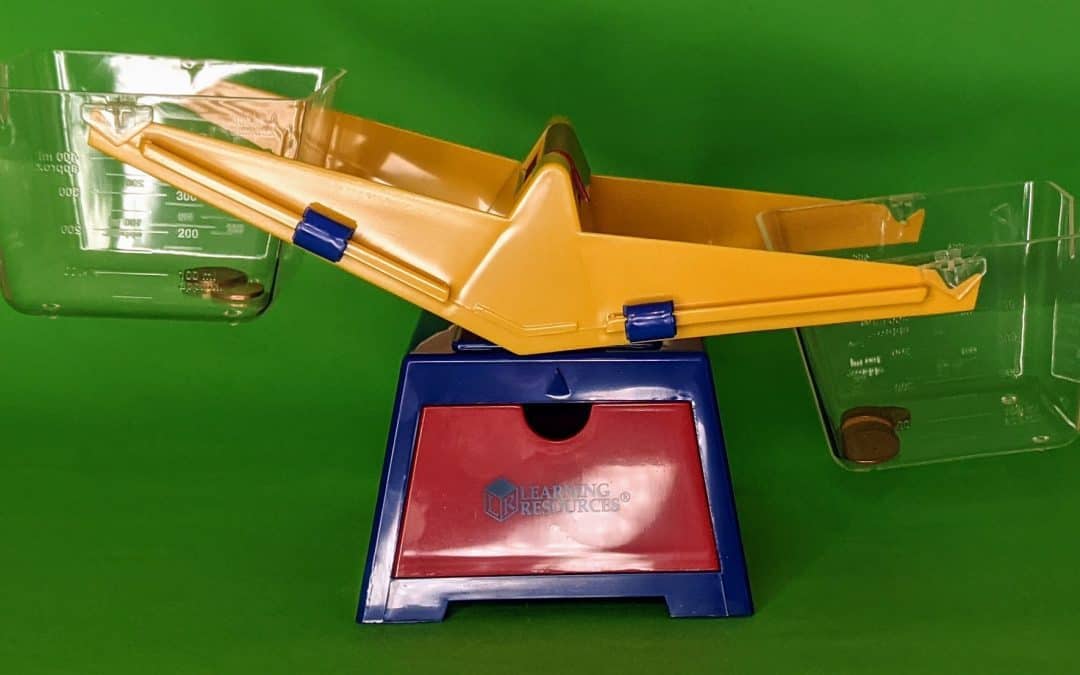Weights and Measurements
Have you ever made a recipe in a cookbook? What is one of the first things you do? Gather ingredients. Mix them together. Bake. Did I not mention a step? It’s a very important step.
Measuring.
Good measurements are a type of math!
A measure is an amount of something. Many years ago, people did not have recipe books like they do today. Instead, the recipes would say add a handful of flour or a nut of butter. Do you see a problem with that? Look at your hand and now look at an adult’s hand. Are they different sizes? Yes! Do you think if you measured a handful of flour it would be more or less than if your dad measured a handful of flour?
Fannie Farmer was an American lady who tried to create a method of level measurements, a recipe book, and measuring cups so that everyone making a recipe in her book would have it turn out the exact same way.
God created things to be orderly. People use two different systems of measurement to create order. One is called the metric system and the other is called US standard. When people use these methods, the measurement should always come out the same.
Math is a very orderly subject. Language changes. If you have ever read an old book, it might not sound the same as people do today. Math, however, means 3 plus 3 always equals 6. Unlike language, Math is also the same in different countries.
Today, we will focus on weights and measures.
![]()
![]() Let’s experiment!
Let’s experiment!
You will need:
- A kitchen scales
- A balance scale Note: you may choose to make your own scale following directions online.
- Coins
- Flour
- Measuring cups
- Water
- Plastic cups
- Begin by setting the kitchen scale on a firm and flat surface. Have an adult measure a handful of flour with their hand. Place it on the scale and weigh it. Make a note of the number. Measure a handful with your own hand. Measure and note the weight.
- Note: Careful notes are necessary throughout these experiments! You may even have several people measure flour with their hands. Write down each weight. Now, put the weight in order from lightest to heaviest. Ask yourself—
- Did the biggest hands hold the most flour?
- Do you think this method of measuring is accurate?
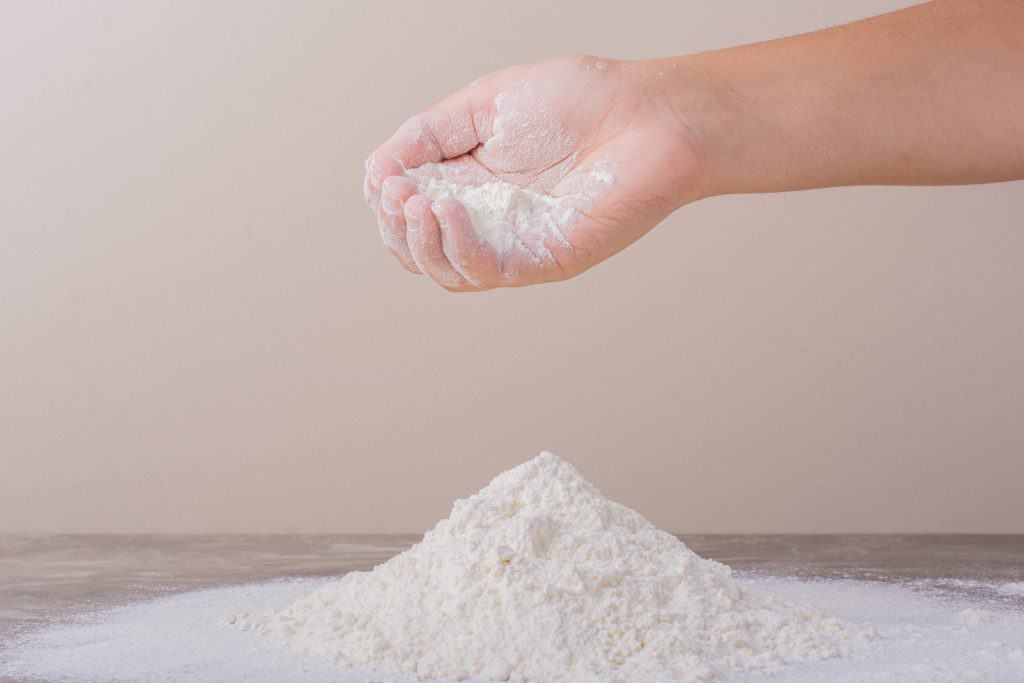
- Now, place the flour into a measuring cup. Leave the flour heaped up. Weigh and note the weight. Measure flour and level it off. Weigh. Fit as much flour in the cup as possible. Weigh. Level off. Weigh. Challenge yourself to see if you can find a way of measuring to create two or more identical weights!
- Does spooning and leveling off the flour create a more or less consistent result?
- Does packing the flour make it heavier or lighter?
- Does not leveling off make the result inconsistent?
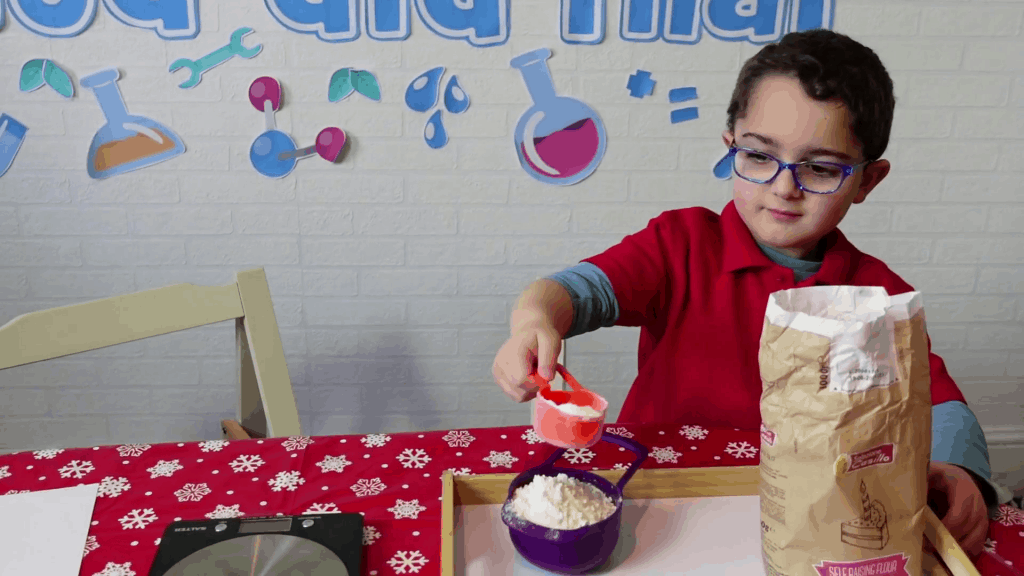
What is the most accurate method of measurement for flour?
Set up the balance scale on a firm, flat surface next to the kitchen scale. Place a coin into the kitchen scale and note the weight. Weigh out various other coins or objects. Now, use the balance scale. If two identical coins weigh the same, can you put two different kinds of coins on each side and balance the scale? What would be the fastest and most efficient way to do that? Math! If you add up the weights of the coins, you should be able to discover if the sides of the scale will balance before you put the coins in the scale. Try it out!
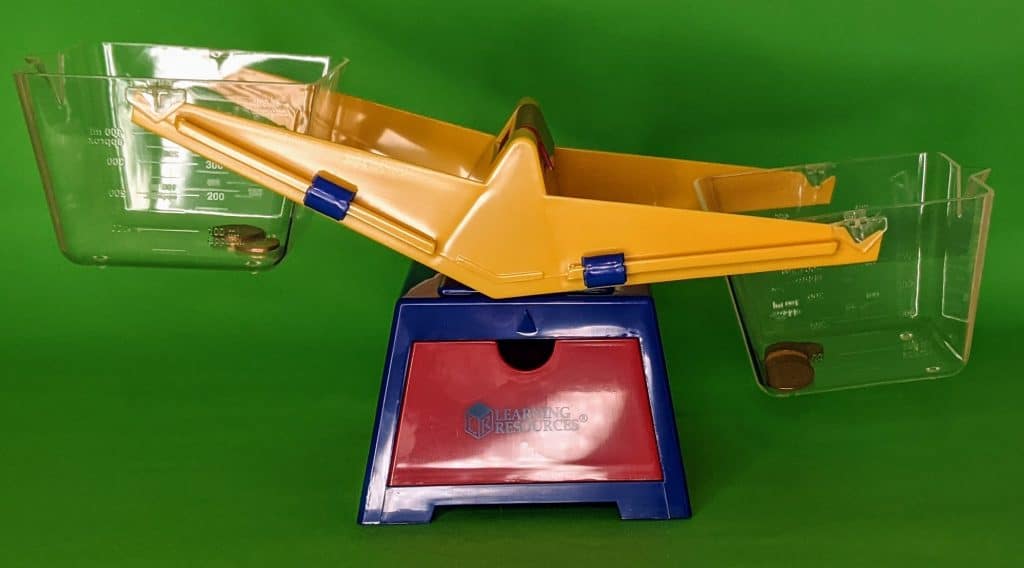
- Using your cup measure, pour specific amounts of water into the plastic cups and make a note on the cup of the amount inside. You may also use glasses with tape on them to write the measurement if you prefer. Each measurement is a fraction of a whole cup of water. Try to see what measurements add up to a whole cup. This is the beginning of a form of Math called fractions.
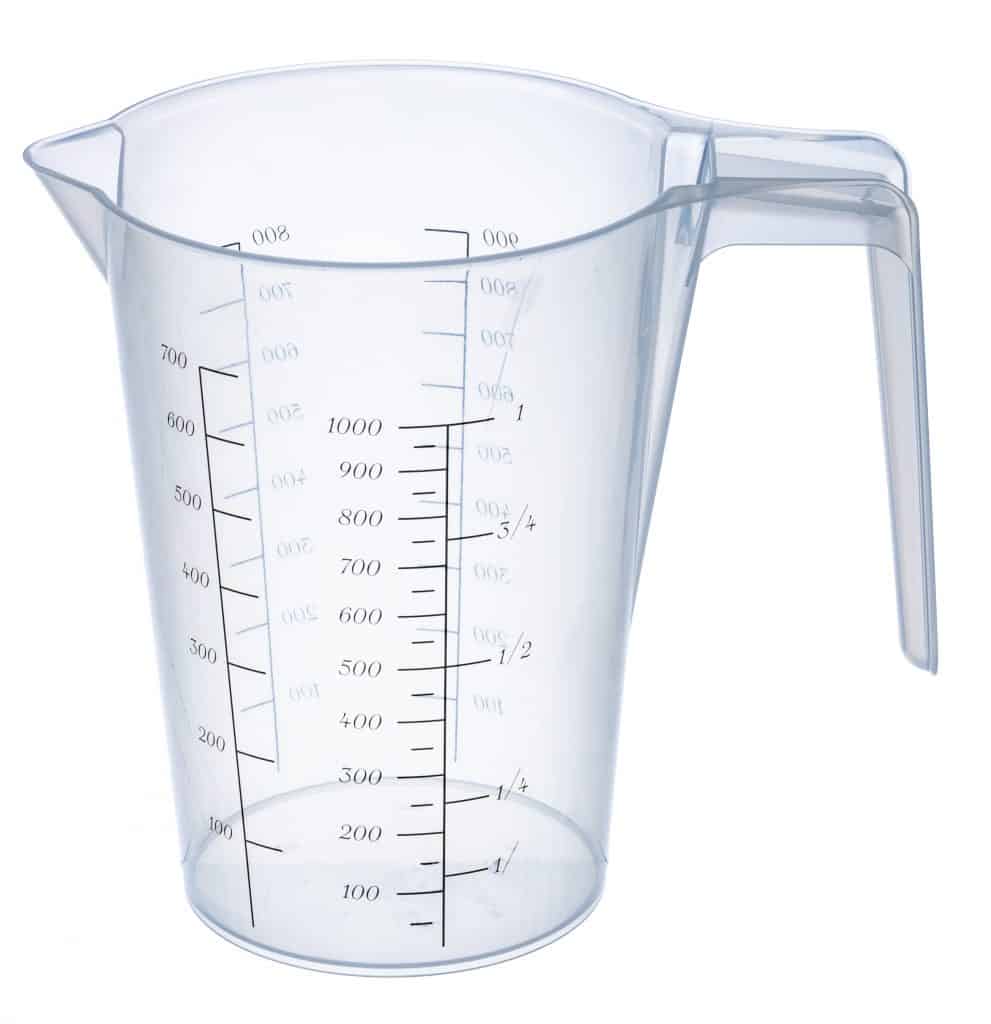
- Using the recipe cards in the handout. Identify as many types of measurements as possible. If you have time, using your new measuring skills to make some cookies with the help of an adult.
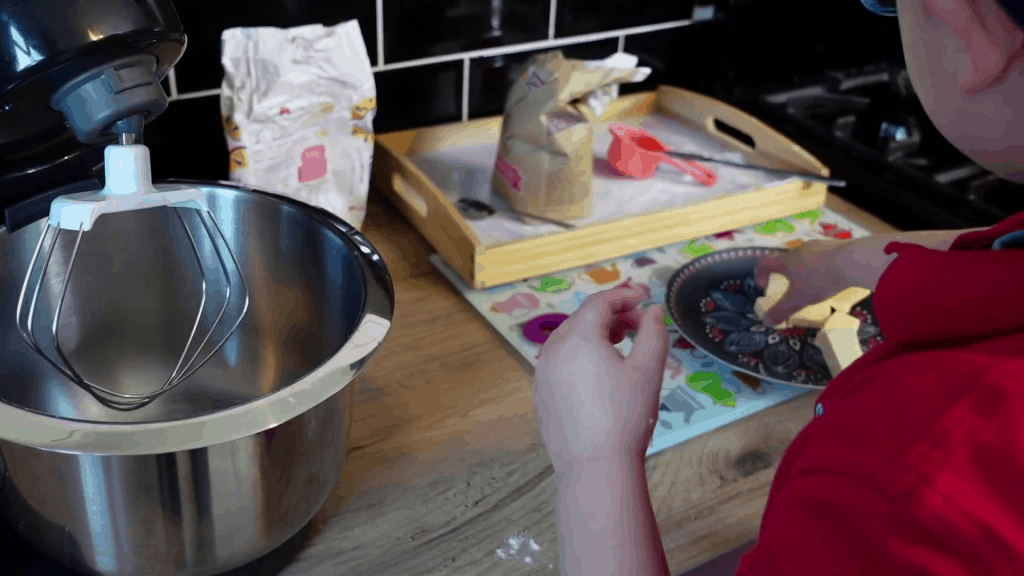
Super Easy 3-Ingredient Sugar Cookies
Ingredients
| 120 g plain flour (1 cup) | |
| 70 g Sugar (1/3 cup) | |
| 100 g (¼ cup) plus 2 tbsp. salted butter |
What to do
- Preheat oven to 180°C (160ºC fan) or Gas Mark 4.
- Mix the sugar and butter. Whip until the butter is almost white and the mixture is light and fluffy. then stir in flour.
- Roll the mix into 2.5-cm balls, placing them about 5-cm apart on a baking tray.
Bake for 15 to 17 minutes, or until the edges of the cookies are lightly golden.
Review:
Why do you think measurements are important? Do you think it matters if a store follows the rules of measurement? Does the way you measure a cup of flour affect the weight? How can you know if two things will balance the scale?
When we create definitive measurements, the world is an easier place to live. Imagine if you bought a cup of ice cream at one store and you only had two bites to eat, but a cup of ice cream at another store filled the bathtub. The world would be a very confusing place to live. God loves order, and He gave us the tools we need to create it.
Bible Link:
When humans are held up to the measurement of God’s righteousness, we will always fall short. Romans 3:23.
Humans like to look at other humans and think that since we might not sin as much as they do, that we are okay.
God not only takes away our sins when we trust in Jesus but also gives us credit for Christ’s righteousness!
Matthew 18:21-35 tells us of a servant who owed the king a vast amount of money. Too much for him to ever repay, just as we can never pay the debt we owe for our sins. The king forgave him the vast debt, just as Jesus paid the price for our sins. In turn, the servant refused to forgive his fellow servant, just as we sometimes refuse to forgive those around us.
Jesus was teaching that we have been forgiven much, so we need to forgive others. Others can never sin against us as much as we have sinned against God. If we were to imagine it like a scale, we owe God infinitely more than the weight of an elephant, and other people might owe us the weight of an eyelash.
We should always forgive others, just as God has forgiven us.
- Whom should we forgive?
- How often should we forgive?
- Can we ever pay for our sins on our own?

